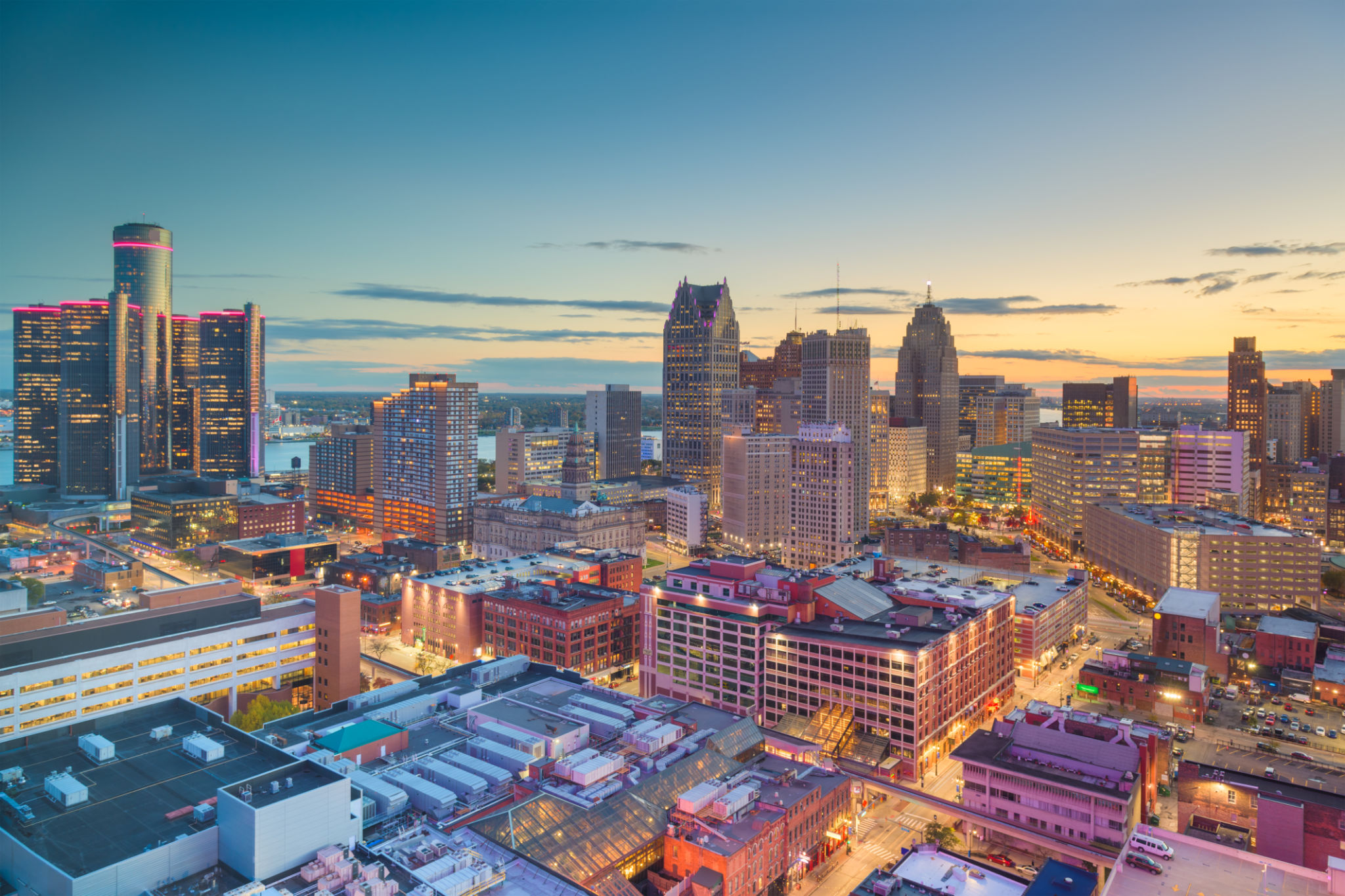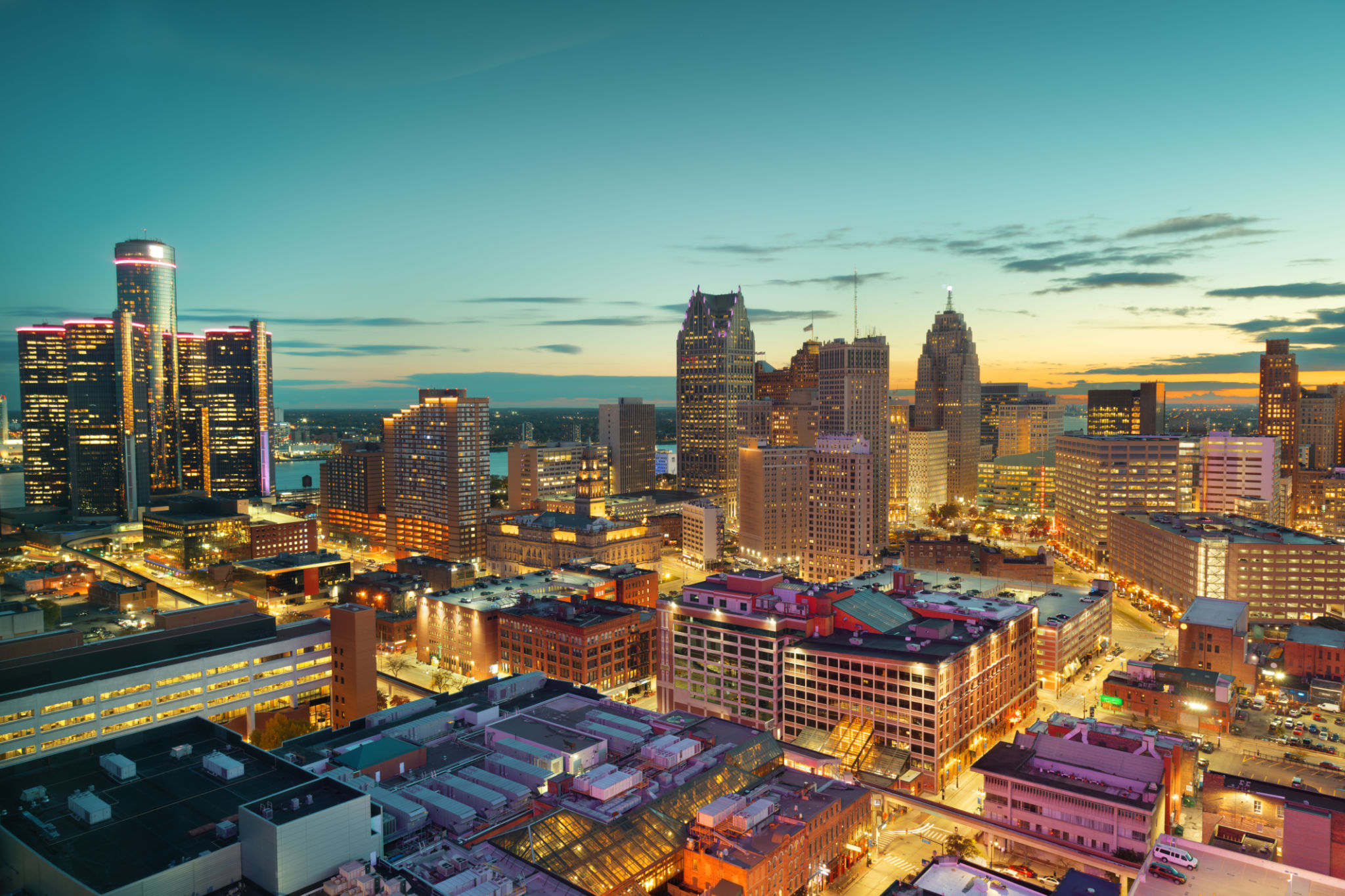Exploring the Impact of Cannabis Legalization on Detroit's Local Community
Introduction to Cannabis Legalization in Detroit
The legalization of cannabis has been a topic of significant discussion and debate across the United States. In Michigan, and particularly in Detroit, the impact of this legislative shift is being closely monitored. *Cannabis legalization* has ushered in a new era for the local community, influencing various aspects of social and economic life.

Economic Revitalization
One of the most notable impacts of cannabis legalization in Detroit is the potential for economic revitalization. The cannabis industry has created numerous job opportunities, ranging from cultivation and production to retail and distribution. This influx of new jobs is vital for a city like Detroit, which has faced economic challenges for decades.
Additionally, cannabis sales contribute significantly to state tax revenues. These funds can be allocated to public services, infrastructure improvements, and educational programs. The financial benefits extend beyond the cannabis businesses themselves, as increased consumer spending in related sectors boosts the local economy.

Social Equity and Community Investment
The legalization of cannabis in Detroit also provides an opportunity to address social equity issues. Historically, minority communities have been disproportionately affected by cannabis prohibition laws. To counteract these disparities, Detroit has implemented social equity programs aimed at supporting those who have been most impacted by past enforcement policies.
These programs offer *financial assistance, business resources*, and training to help individuals from underrepresented communities enter the cannabis industry. By investing in these initiatives, Detroit aims to foster a more inclusive and equitable economic landscape.

Public Health and Safety Considerations
Cannabis legalization has also prompted discussions regarding public health and safety. Advocates argue that regulated cannabis markets reduce the prevalence of illegal activities and improve product safety through stringent quality controls.
However, concerns remain about potential increases in impaired driving and youth access to cannabis products. To mitigate these risks, the city has implemented educational campaigns focused on responsible consumption and adherence to legal age restrictions.
Impact on Local Culture
The cultural landscape of Detroit is also being reshaped by cannabis legalization. The city is witnessing a burgeoning cannabis culture, with events, festivals, and businesses that celebrate this new era. These cultural shifts are attracting tourists and fostering a sense of community among enthusiasts.
Moreover, local artists and entrepreneurs are finding innovative ways to incorporate cannabis into their work, from cannabis-infused culinary experiences to art installations. This integration highlights the versatility and creativity that cannabis legalization brings to the community.

Challenges and Future Prospects
Despite the positive impacts, challenges remain. Regulatory hurdles and compliance costs can be daunting for small business owners. Ensuring equitable access to the industry for all demographics continues to be a priority for policymakers.
Looking ahead, the future of cannabis legalization in Detroit holds promise. Continued collaboration between government officials, community leaders, and business owners is essential to maximizing the benefits while addressing any potential drawbacks. As the industry matures, Detroit has the opportunity to serve as a model for other cities navigating similar transitions.